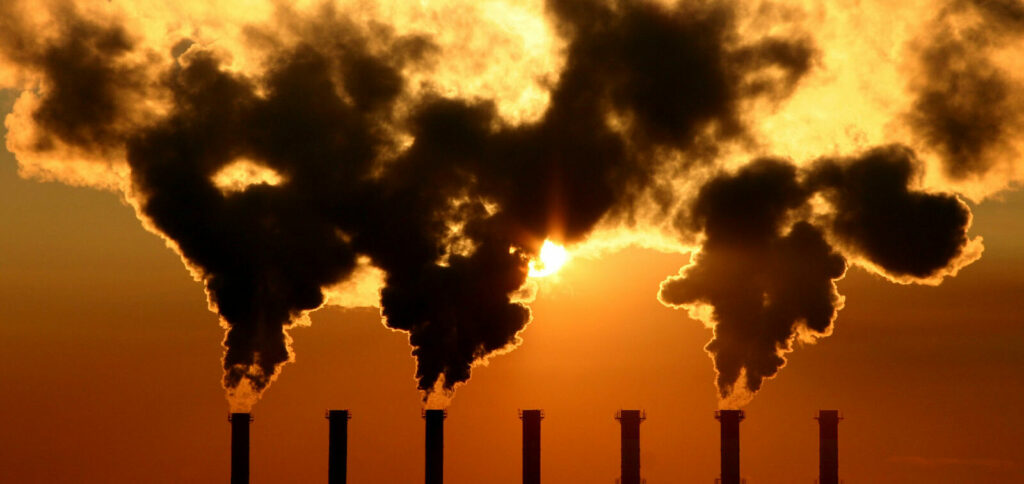The proposal also plans to charge for emissions linked to building heating and road transport, with a price cap to avoid taxation on families, according to a statement from the European Parliament.
ADVERTISING
O Emissions Trading Scheme (ETS) allows electricity producers and energy-intensive industries such as steel and cement to cover their emissions with quotas.
These quotas are designed to decrease over time to reduce emissions and invest in green technologies, as part of a plan for the European Union to achieve carbon neutrality.
The agreement reached, after more than 24 hours of intense negotiations, implies that the ETS must be reduced by 62% by 2030 compared to 2005 levels, which implies that the sectors involved must reduce emissions to that level.
ADVERTISING
The agreement also aims to accelerate the schedule for a progressive elimination of the polluting rights system, with a 48,5% reduction by 2030 and total suspension by 2034, a program that was at the center of discussions between parliamentarians and Member States.
O carbon market it will be progressively applied to the maritime sector, flights within the European bloc and waste incineration sites in 2028, depending on a favorable report from the Commission.
Controversial point
The most controversial point of the negotiation was the commission's proposal to create a second carbon market called (ETS2) for building heating and road fuels, in which fuel suppliers would purchase allowances to cover their emissions.
ADVERTISING
Initially, deputies reacted with alarm to the social impact of this measure and asked that the plan be applied first to offices and trucks.
Finally, families will also have to pay for the carbon used for fuel and heating from 2027, but this price will be limited to 45 euros per ton until 2030. If the increase in energy prices continues, the application will be postponed to 2028.
Read also






